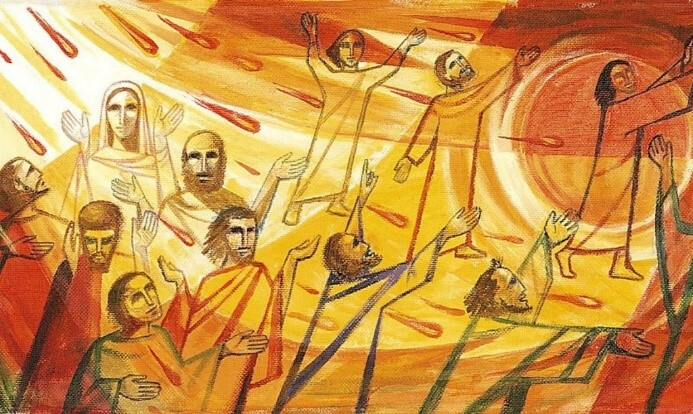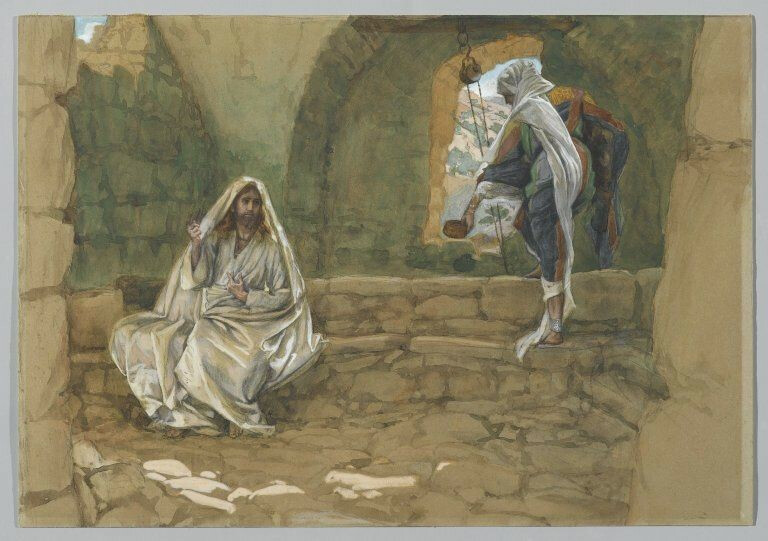Offering Prayers and Being Prayerful
Last week at our staff meeting, we discussed a distinction between “prayer” and “prayerful.” Prayer is is something we do, but prayerful is someone we are. Prayer is external, while prayerful is internal. Prayer has a beginning and an end, while prayerful is ongoing. This is why we think of prayer as something we offer (an action that is outside us) and why we think of prayer as being prayerful (in internal way of orienting the person we are in the world). Being prayerful is a way of living out the words of I Thessalonians 5:17: “Pray without ceasing.” As one of our staff people suggested (my paraphrase), “None of us can sit with hands folded and heads bowed all the time (i.e. without ceasing).” But we can live in an ongoing way such that our orientation in the world is prayerful.
Being prayerful is, more specifically, seeking the presence of God in all things. If it is true – as scripture instructs – that God created all things, then everything in creation bears the imprint of God’s presence. That means God is present in every person, place and thing; every situation, circumstance and relationship.
In order to seek the presence of God in all things, several things are necessary:
- First, being open. We must be able to willing to entertain the idea that God could be present in everything we encounter and experience.
- Being open requires attentiveness. Being prayerful is about listening more than speaking. And it is about “listening” (observing, receiving) with all our senses and not just our ears.
- Listening is also about removing distractions. While prayer is an action that we “do,” being prayerful is taking things away and moving more slowly through life so that we don’t miss God’s presence when it is revealed to us.
- Finally, being prayerful is about humility. Everything we hear, observe and receive from the outside world comes to us through the filter of our own desires, hopes and anticipations. The humility of being prayerful is acknowledging these filters and asking God to be revealed through them. Otherwise we might confuse God’s revelation with our own comfortable interpretation.
While all of us may not feel confident or gifted in the external action of offering prayers, we all can live lives of prayerfulness.
Blessings, Michael



